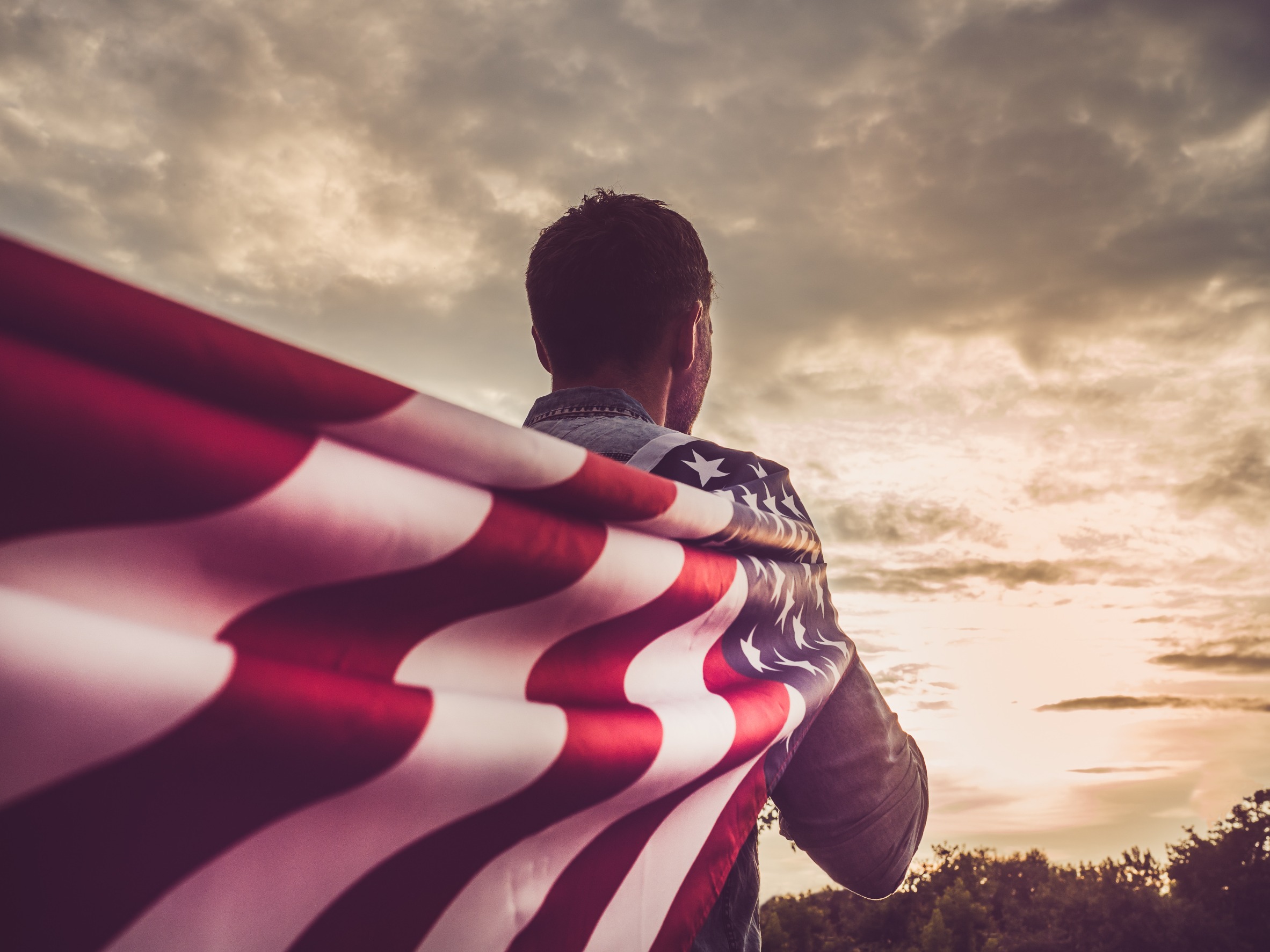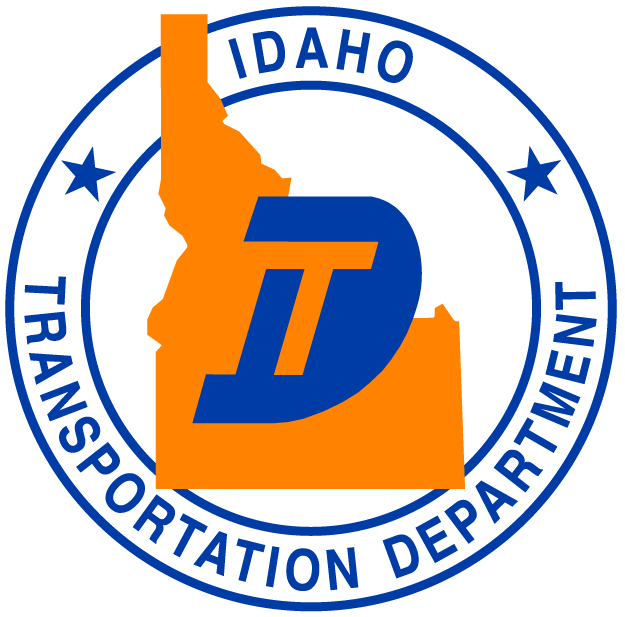Guest Opinion
By John Spencer of Hayden, Idaho
Upon listening to the new series from Hillsdale College titled American Citizenship and Its Decline, I was captivated by the stark contrast and historical significance it conveyed. I also tried to reflect on how this topic relates to our own involvement in North Idaho.
Beginning with the introduction by Dr. Larry P. Arnn, President of Hillsdale College, and continuing through the presentations of Victor Davis Hanson, Senior Fellow of the Hoover Institution, a compelling narrative unfolded. It provided both an insightful historical backdrop and a sobering warning for the United States.
Citizenship emerged more than 2,500 years ago in the ancient Greek city-state. Government by the consent of a free citizenry is rare in human history and on the decline today throughout the constitutional republics of the West.”
Victor Davis Hanson, American Citizenship and It’s Decline, “History of Citizenship in the West,” Hillsdale College.
In central Greece at the mountain pass of Thermopylae during the Persian Wars, a stark contrast in citizenship was on display. The Greek forces, predominantly Spartan, were led by King Leonidas. For three days, they valiantly defended their land against the overwhelming might of the Persian King Xerxes I and his massive army. Despite being vastly outnumbered, the Greeks held their ground, displaying unmatched courage and determination in the face of adversity.
The Greek army, composed mostly of Spartan citizens, numbered around 7,000 men, while the Persian army may have exceeded 300,000 soldiers.
Despite the overwhelming odds, the Spartans were able to maintain their position for two days, demonstrating their exceptional skill and discipline in battle. They were united and focused.
What sets the Spartan citizen/soldiers apart from their counterparts in modern-day America is the notion of earned privilege.
In ancient Sparta, citizenship was not granted by birthright, but had to be earned through rigorous training and a commitment to defending the city-state at any cost. This earned privilege came with rewards and responsibilities, as not everyone could achieve the esteemed status of a Spartan citizen. Was Sparta the ideal model for government? Probably not, but it did force a sense of duty, loyalty, and responsibility.
Citizenship in the United States is typically granted by birthright or through naturalization, with fewer stringent requirements. While American citizens certainly have the privilege of certain rights and freedoms, they may not always have the same level of dedication and focus as their Spartan counterparts.
Below is a quote from the US Citizenship and Immigration Services, Support Your Community section:
“The United States has a long history of receiving immigrants from all over the world, and local communities play an important role in welcoming and supporting them. People in the United States also have a strong tradition of volunteerism and engagement in civic life and institutions. “
Today, in modern-day America, citizenship is often taken for granted, with many individuals failing to fully appreciate the sacrifices made by those who came before them to secure and protect these rights. The freedoms and privileges enjoyed by American citizens today were hard-won through centuries of struggle, sacrifice, and perseverance.
From the Revolutionary War to Afghanistan, generations of Americans have fought and died to defend the principles of liberty, equality, and justice upon which the nation was founded.
Countless men and women across our nation have laid down their lives on battlefields and in our cities, and around the world, defending America’s freedoms and defending the rights of all citizens, regardless of race, gender, or background.
Yet, despite the sacrifices of these brave individuals, many Americans remain unaware or indifferent to the struggles and challenges faced by current and previous generations. The sacrifices made by our veterans, first responders and law enforcement, and other numerous unsung heroes too often go unrecognized and unappreciated.
Moreover, the complacency and apathy of some citizens can undermine the very foundations of democracy and freedom. When individuals fail to actively engage in the democratic process, when they neglect their civic duties and responsibilities, they risk jeopardizing the hard-won rights and freedoms that so many have fought and died to protect.
As we reflect on the bravery and resilience of the Spartan soldier, here in Kootenai, our veterans, first responders, and law enforcement both active and retired, remind us of the importance of upholding the values of citizenship, whether it be in ancient Sparta or in modern America or in Kootenai.
So, what can you do here in North Idaho as a citizen to be more involved and go beyond the vote?
In a thought-provoking article published in 2020 by Vishal Kalia for Rock Solid, the importance of active participation in local government was emphasized as a crucial means to contribute to the health and success of our democratic republic.
Kalia outlined several compelling reasons why citizens should engage in their local government, including the opportunity to have their voices heard, gain a deeper understanding of diverse perspectives and the legislative process, build valuable networks, foster accountability among elected officials, and develop a sense of ownership and pride in their community.
I would like to encourage readers to stay informed, pursue their passions, and ask questions, and not underestimate the significance of being knowledgeable and actively participating in shaping the future of our lands.
In closing, we are reminded of the vision of our Founding Fathers, who enshrined the principles of democratic participation through the Constitution, empowering every individual to play a role in shaping the destiny of the nation and its citizens.
To those already participating in the republic, congratulations. However, for those who have yet to get engaged, I would like to issue a compelling call to action, urging you to reassess your priorities and join the ranks of active citizens.
With the collective interest and support of our citizens, the country, state, county, and city stand to benefit from the diverse perspectives and contributions of our engaged populace.
Below are a few dates that may be of interest:
- Kootenai County Board of Commissioners – 2:00 p.m. each Tuesday
- City of Hayden Council Meeting – 5:00 p.m. 2nd and 4thTuesday
- City of Post Falls – 6:00 p.m. 1st and 3rd Tuesday
- City of Rathdrum – 6:00 p.m. 2nd and 4th Wednesday
- Kootenai County Fire and Rescue – 4:00 p.m. 3rd Monday
- Northern Lakes Fire and Rescue – 10:00 a.m. 2nd and 4th Thursday
- Coeur d’Alene Public School Board – 5:00 p.m. 2nd Monday
- Lakeland Joint School Board – 6:00 p.m. 2nd Wednesday
- Post Falls Board of Trustees – 5:30 p.m. 2nd Monday
Note: Link for local public school district information. You can learn more about Hillsdale College’s lecture series at Hillsdale.edu and the Hoover.org/profiles to learn more about Professor Victor Davis Hanson.
John Spencer is a former US Army Officer and Aviator with 26 years of service. He is a published author who currently sits on two Hayden commissions, volunteers at the Farragut shooting range as a Range Safety Officer, and enjoys the beauty of North Idaho with Marti, his wife of 30 years.







